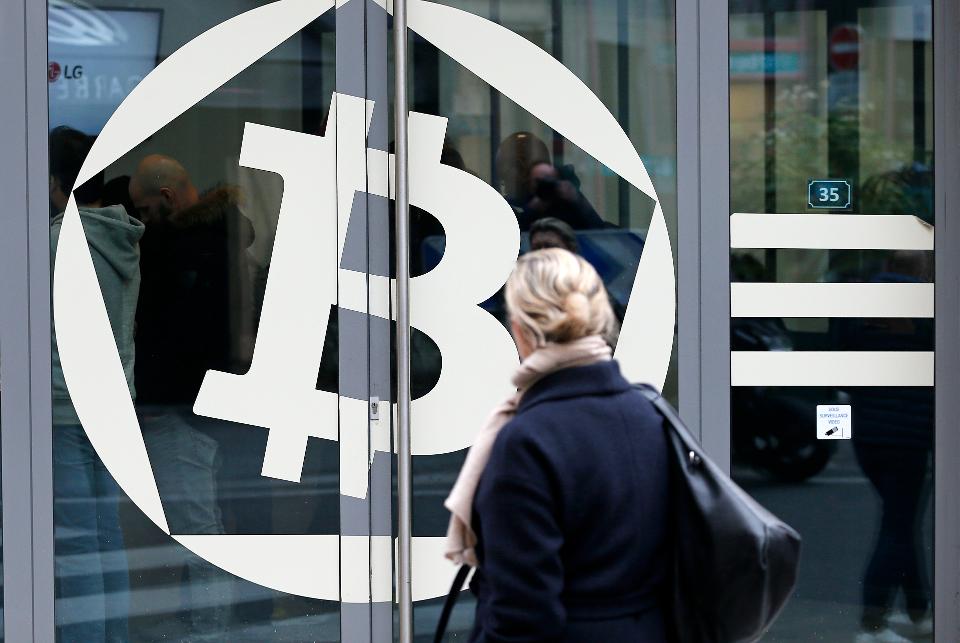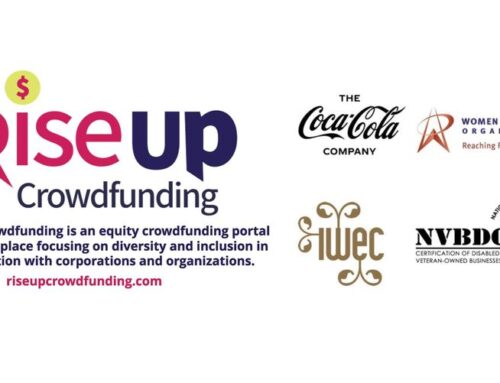Where Are The Women In The Blockchain Network?
by ,
(Photo by Chesnot/Getty Images)
Cryptocurrency and blockchain are set to become one of the largest disruptive technologies in the world. As expected, the sector has seen immense startup growth and investor interest. But as we continue to witness successes in fundraising, ICOs (Initial Coin Offerings), and application growth in blockchain technology, a worrying trend also comes to light – the extremely high gender inequality in the sector.
The gender bias in cryptocurrency and blockchain
Only 5% to 7% of all cryptocurrency users are women, making the industry a highly male-dominated one. This extends to every avenue of blockchain and cryptocurrency, proven by a brief look at the related statistics. In 2017, investors in Bitcoin witnessed wealth creation of approximately $85 billion – only $5 billion, or a mere 5.88%, of this was obtained by women. Ninety percent of Bitcoin users are men. When this group is expanded, it is seen that only a mere 1.76% of the entire Bitcoin community are women.
While it is common knowledge that the tech industry has always had a lack of women, cryptocurrency seems to be male-dominated right from its roots. Its earliest adopters primarily included male PC gamers and cyberpunk community members. In fact, cryptocurrencies gained popularity through websites, forums and apps like Reddit and 4chan which are also constituted primarily of male users.
Why the problem persists
Even over time, the gender bias problem has shown little significant improvement. Due to its origins of being male-dominated, the public perception of crypto-assets and Blockchain software continues to be that of an industry that is unappealing, and even unviable, for women. At the same time, cryptocurrencies and blockchain are strongly driven by coders, a profession that is more often than not considered to be male-driven. This furthers the existing imbalance in gender equality in the blockchain network.
It could be claimed that women find themselves discouraged from entering the industry due to their perceived aversion to risk. This supposed aversion could be further corroborated by scandals related to Bitcoin in its earliest stages, including the purchase of illegal drugs and the loss of $450 billion worth of Bitcoin after the collapse of Mt. Gox.


